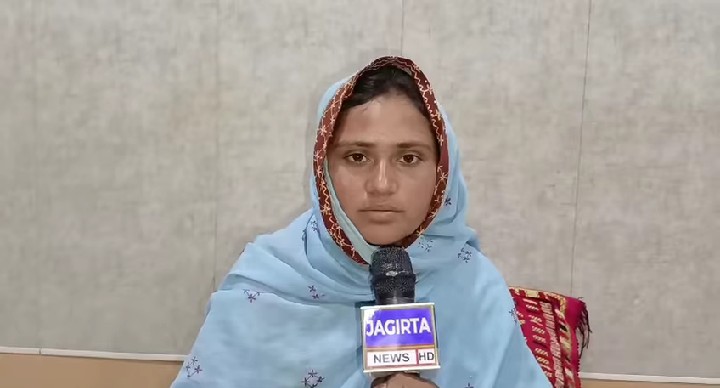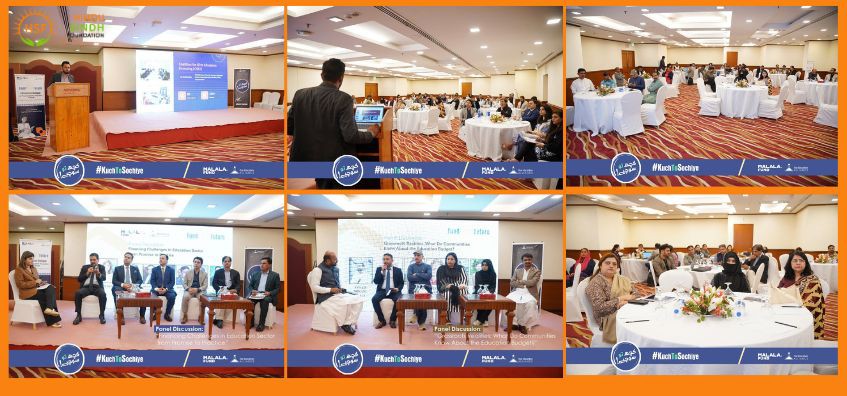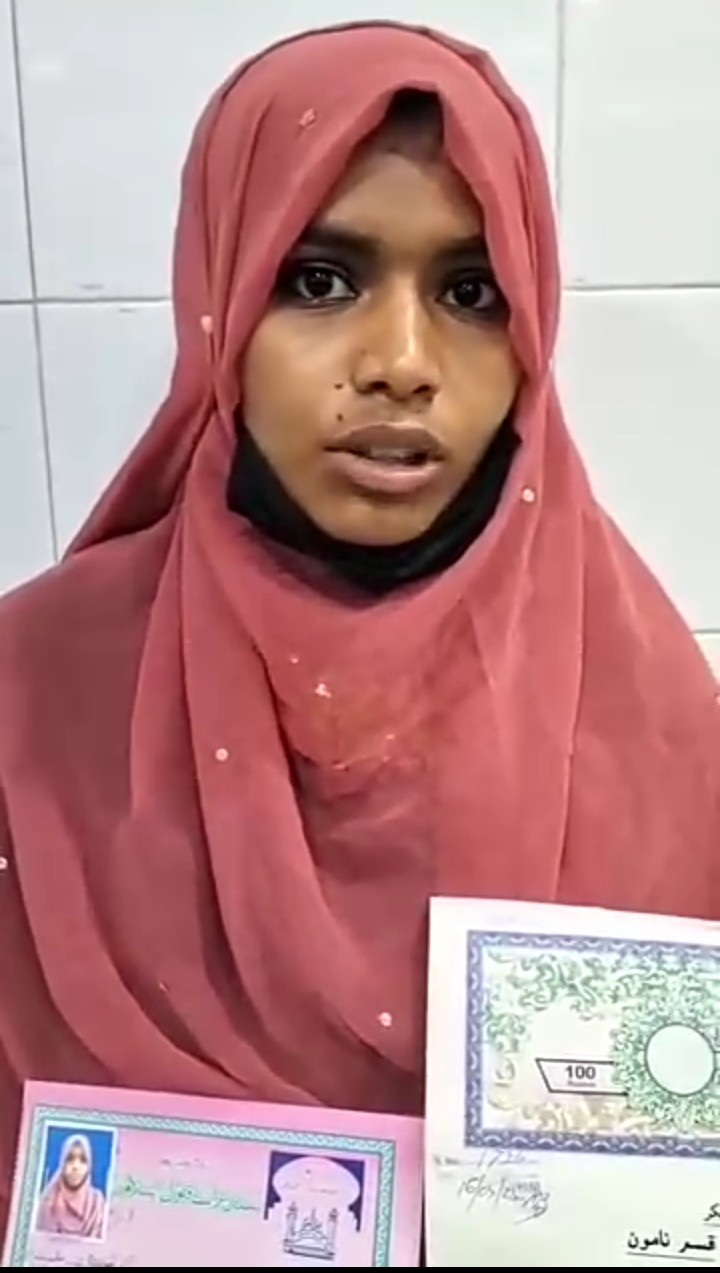Sargodha🇵🇰 — The recent disappearance of Shamrez Masih, a 14-year-old Christian boy from Sultan Town, Sargodha, has once again highlighted the perilous situation of religious minorities in Pakistan — particularly the alarming trend of forced conversions under the guise of religious freedom.
Shamrez had only just begun to recover from the trauma of losing his father four months ago when he found himself thrust into a situation no child should ever endure. Like many from marginalized communities in Pakistan, Shamrez was forced by circumstance to begin working early, helping out at a local motorcycle repair shop owned by a Muslim man, Rana Munir, near Bajwa Gas close to Gulwala Chowk.
For four years, Shamrez worked at the shop, often staying late into the evenings. Over time, his family noticed troubling changes in his behavior — especially his repeated overnight absences. Alarmed, they made the difficult decision to withdraw him from the job.
However, this decision did not sit well with Munir. According to the family, Muslim pressure groups began visiting their home, urging them to send Shamrez back to work. When the family stood firm in their refusal, things took a more sinister turn.
On a Wednesday afternoon around 2 PM, Shamrez left home — and never returned.
In a state of panic, the family filed a missing persons report at the local police station in Sargodha’s urban district. Days passed without any leads. Then, unexpectedly, a message reached the family: Shamrez was reportedly staying at an Islamic madrassa — Masjid-e-Noorani Hafiz-ul-Quran in Block 29 — and had allegedly embraced Islam.
The claim shocked the family. How could a 14-year-old — legally still a minor — convert to another religion without parental consent, legal oversight, or psychological evaluation? Why was he unreachable, hidden away in a madrassa, and why were his Christian guardians denied any access?
The family rushed to the madrassa, desperate to see their child. But to their dismay, they were barred from meeting him. Despite repeated pleas, local police refused to intervene or even confirm Shamrez’s well-being. No public statement was issued by the authorities. No legal process was initiated. No child welfare agencies were involved.
Instead, the family soon began receiving threatening messages — ominous warnings from unknown individuals, pressuring them into silence and complicity.
This harrowing case is not an anomaly. It echoes a troubling pattern in parts of Pakistan, where Christian and Hindu minors — particularly girls, but increasingly boys — are vulnerable to abduction, coercion, and religious conversion, often carried out in collusion with religious institutions and overlooked by the authorities.
What makes this case especially troubling is the blatant disregard for legal norms. In Pakistan, a 14-year-old cannot legally drive, vote, marry, or open a bank account — yet in this case, he was reportedly permitted to change his religion in secret, without legal representation, parental consent, or due process.
His childhood has been stolen. His voice silenced. And his family remains in anguish, waiting not just for answers, but for the safe return of their son.
As Pakistan faces increasing scrutiny over religious freedom and minority rights, the case of Shamrez Masih serves as a grim reminder of the systemic vulnerabilities facing minority children — and the urgent need for accountability, reform, and justice.

For more updates and detailed coverage of this case and other issues affecting the Hindu and Sindhi communities in Sindh, Pakistan, stay tuned to Sindh Renaissance.






